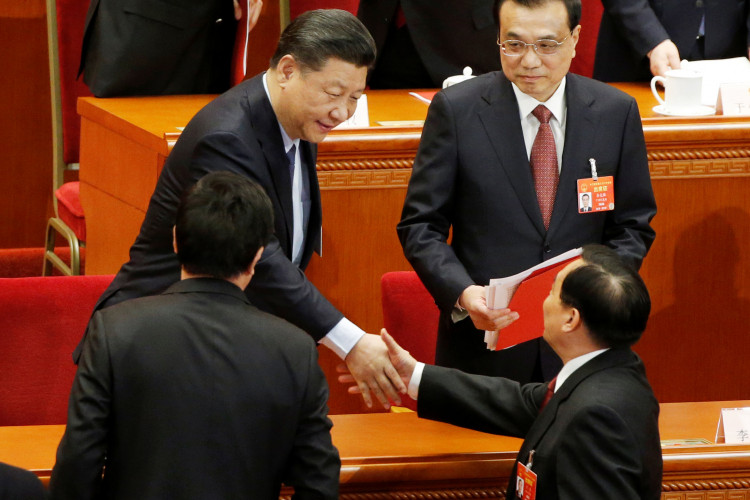China has approved a new investment law that is expected to enhance market access for foreign investors who are seeking to bet funds on the world's second-largest economy. The law is also an attempt to address issues raised by the United States and Europe.
According to Inkstone News, the expedited process of approving the foreign investment law is part of China's efforts in sending a friendly message to international businesses that previously raised concerns about the Asian country's standards for foreign investors.
The National People's Congress approved the final draft of the law first presented to the Chinese government in 2015. It will take effect on January 1, 2020, and should make it easier for foreign companies to establish their names in China.
Earlier this week, the final draft was amended to include a section that orders officials to protect confidential information with commercial entities that overseas businesses will provide to the government. Under the new foreign investment law, no local government can provide confidential information to Chinese firms.
Economic analysts noted that Beijing's approval of the law is China's way of telling global competitors that a country is still a suitable place for investments. However, some experts pointed out that the new foreign law did not include local government roles in helping Beijing attract investments from foreign investors.
Caixin Global reported that a majority of 2,929 voted for the law, only eight voted against it, and another eight abstained. The law was passed to "improve the openness, transparency, and predictability of the investment environment," Zhang Yesui, an NPC spokesperson, said.
Aside from paving the way for better service to foreign investors, the law also includes a negative list that provides businessmen with a detailed account of which activities or industries overseas businesses are not allowed to take part in. Before the law's approval, a negative list was technically not present across industries in China.
Under the new law, China cannot expropriate assets from overseas investors save for special circumstances that involve public interest. In such cases, the state will be ordered to offer compensation to ensure that no unfair treatment occurs.
Aside from foreign investors, local businesses will benefit from the law, Xinhua reported. Chinese Premier Li Keqiang said during a media briefing that Beijing will soon release documents and regulations that explain the benefit of the law for both Chinese firms and foreign investors.
"The new law promises more security for foreign companies investing in China," President of the German Association for Small and Medium-sized Businesses, Mario Ohoven, said.





